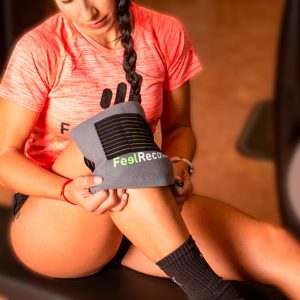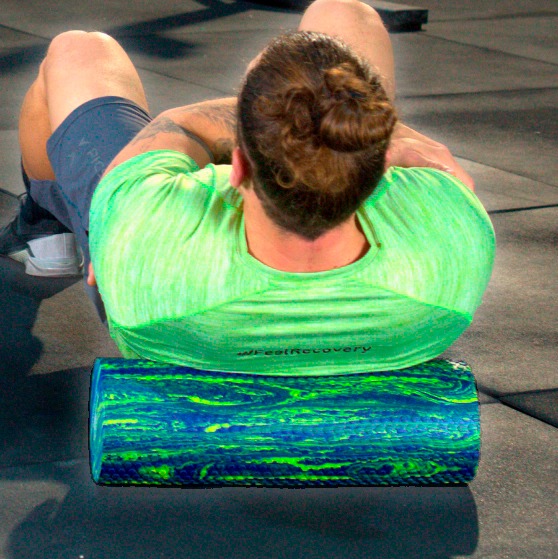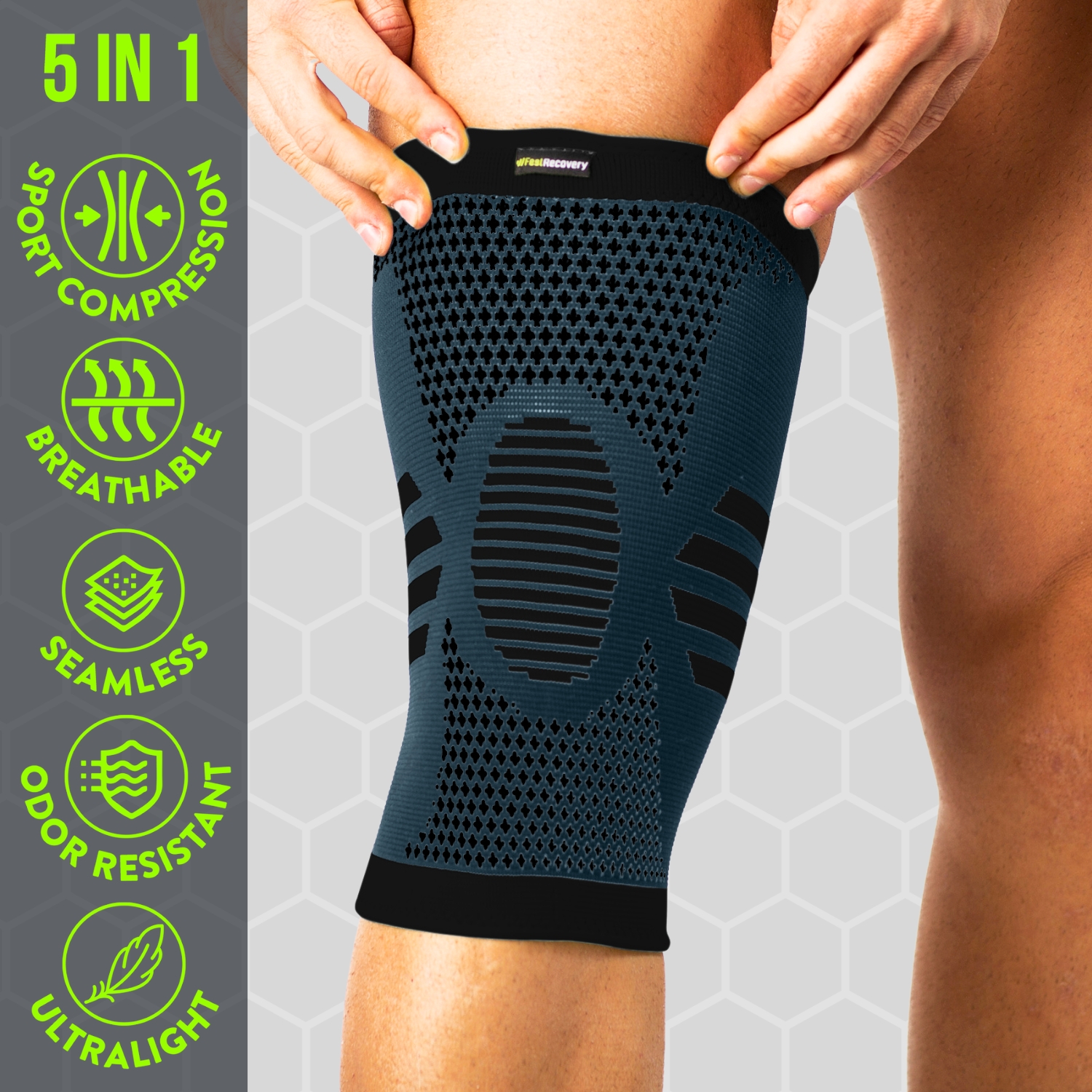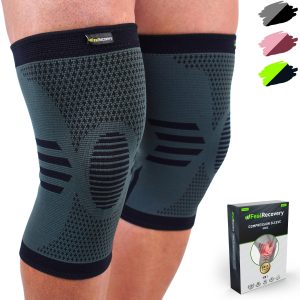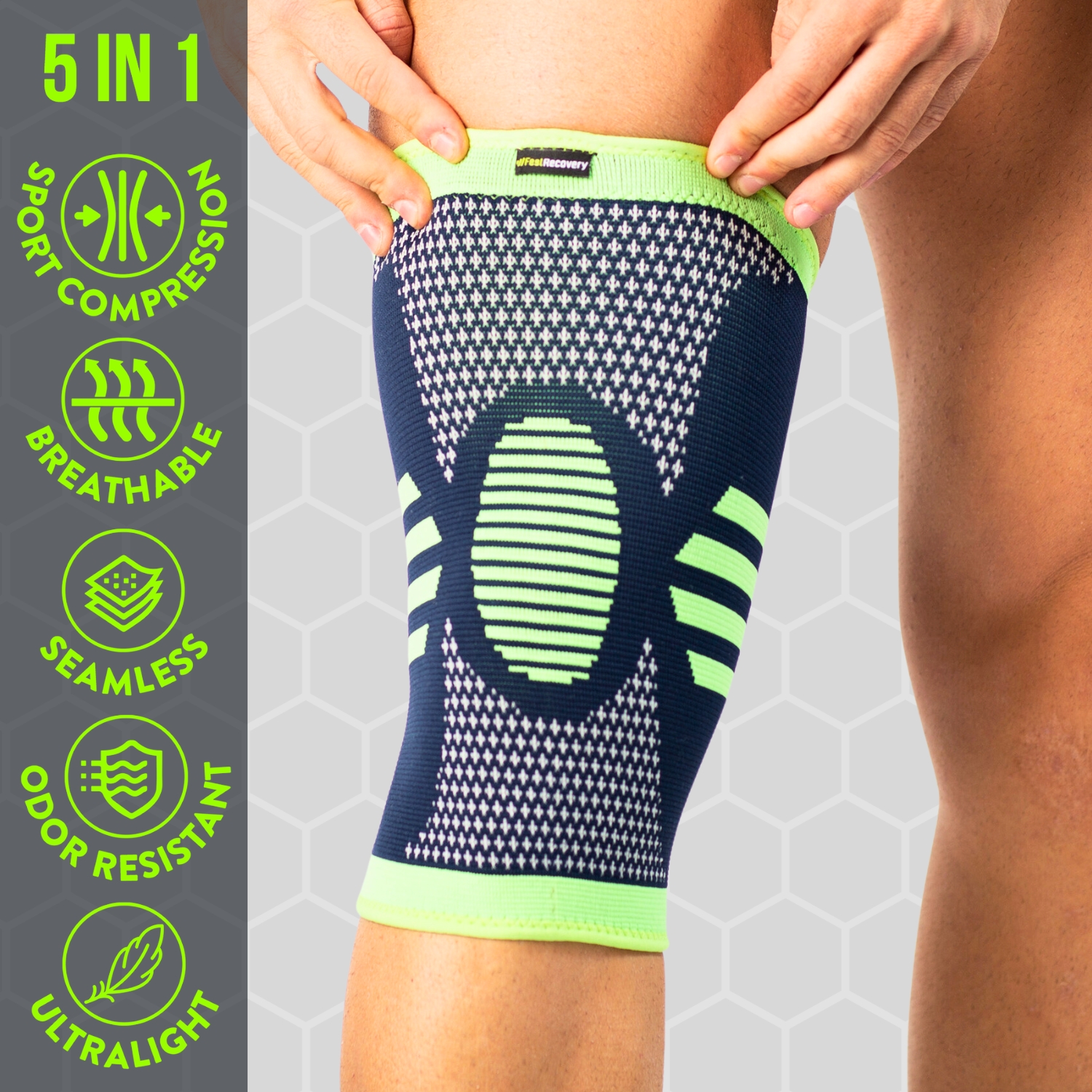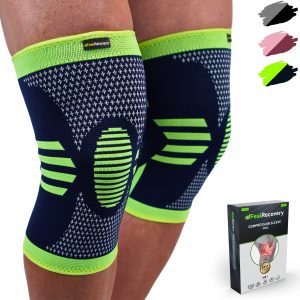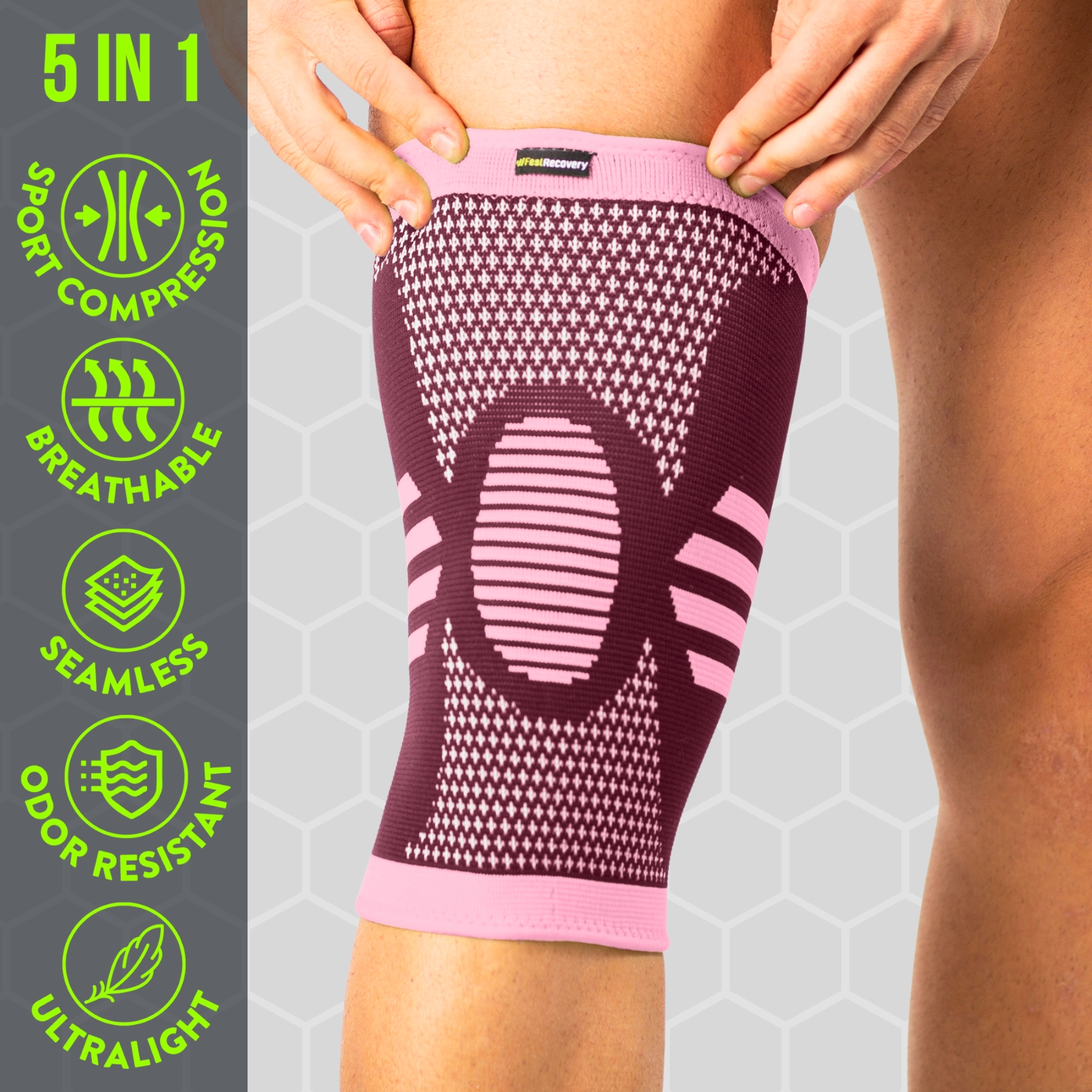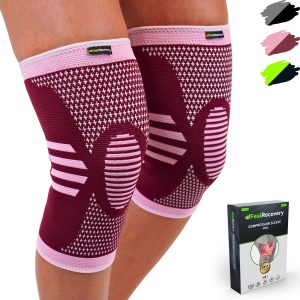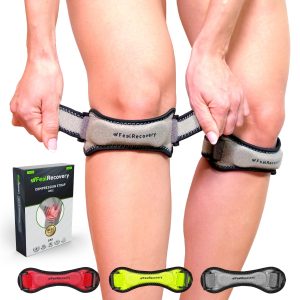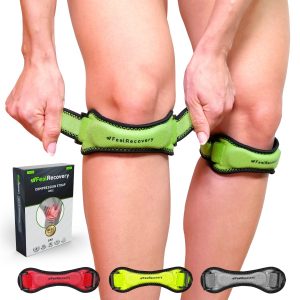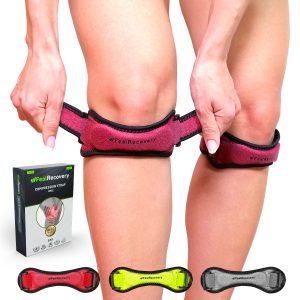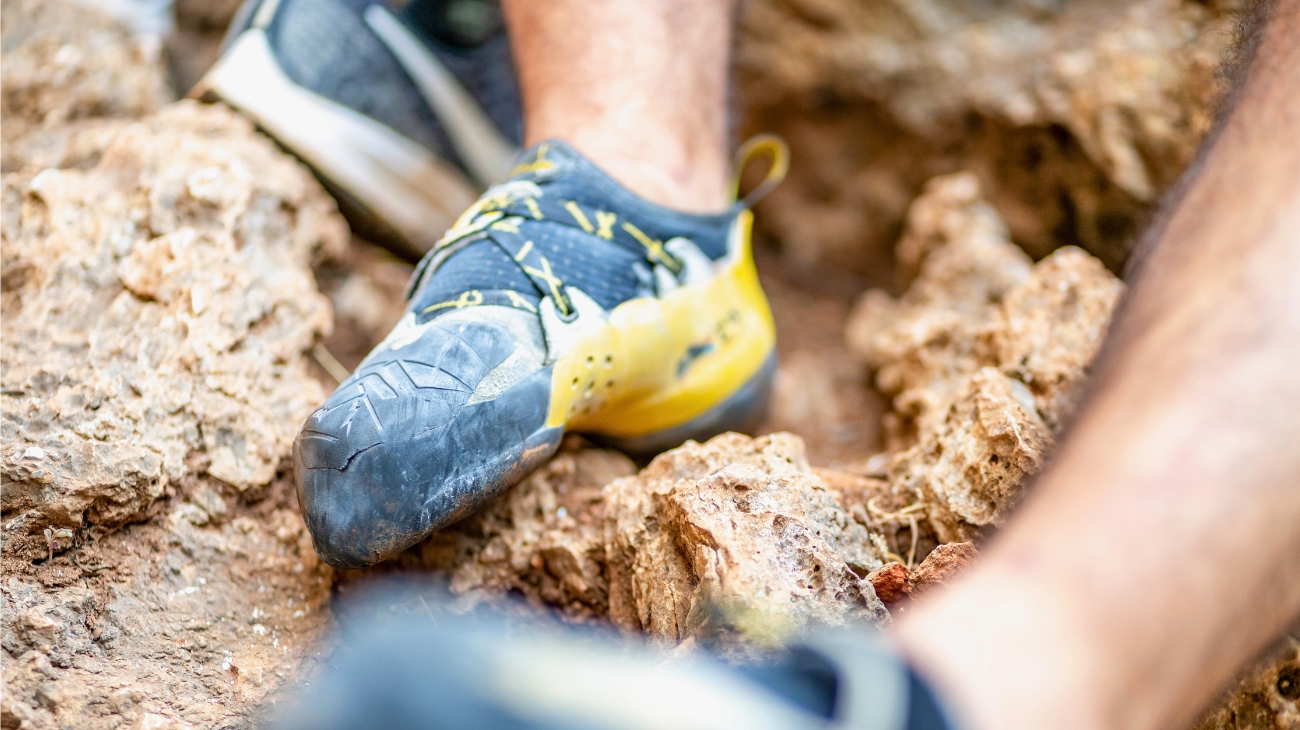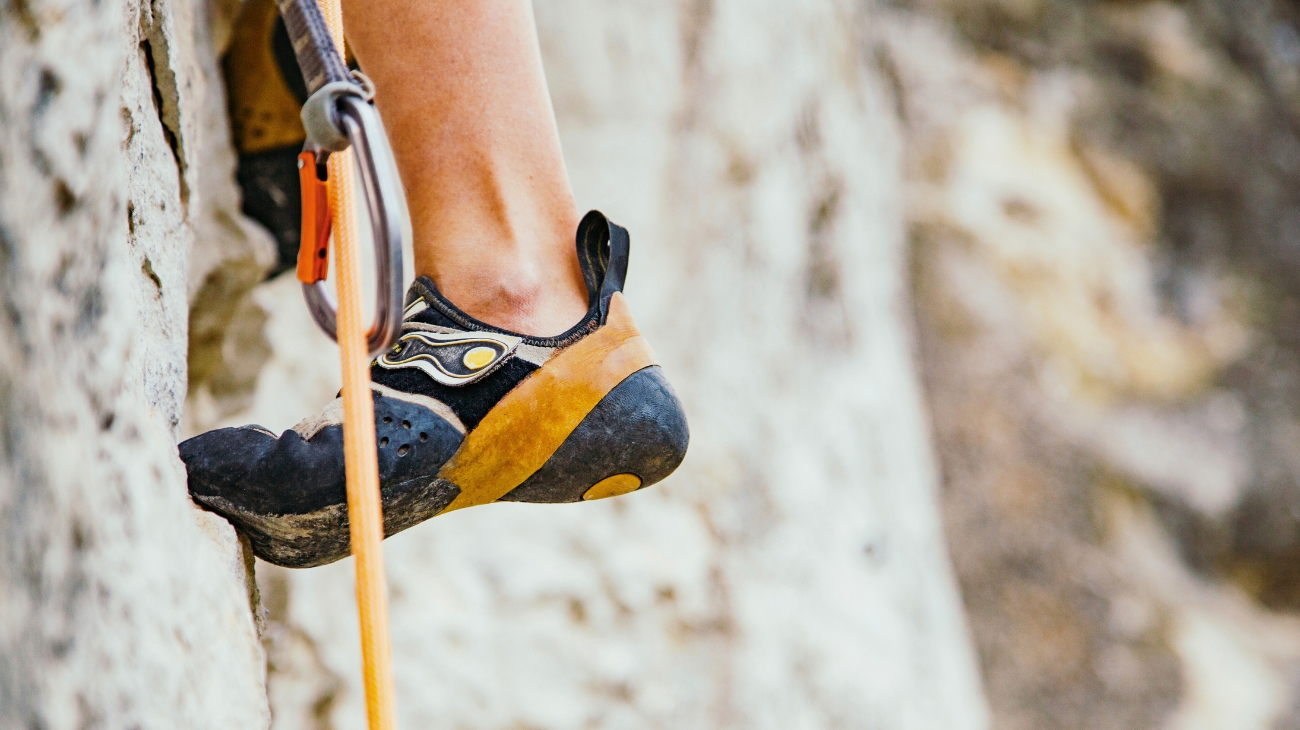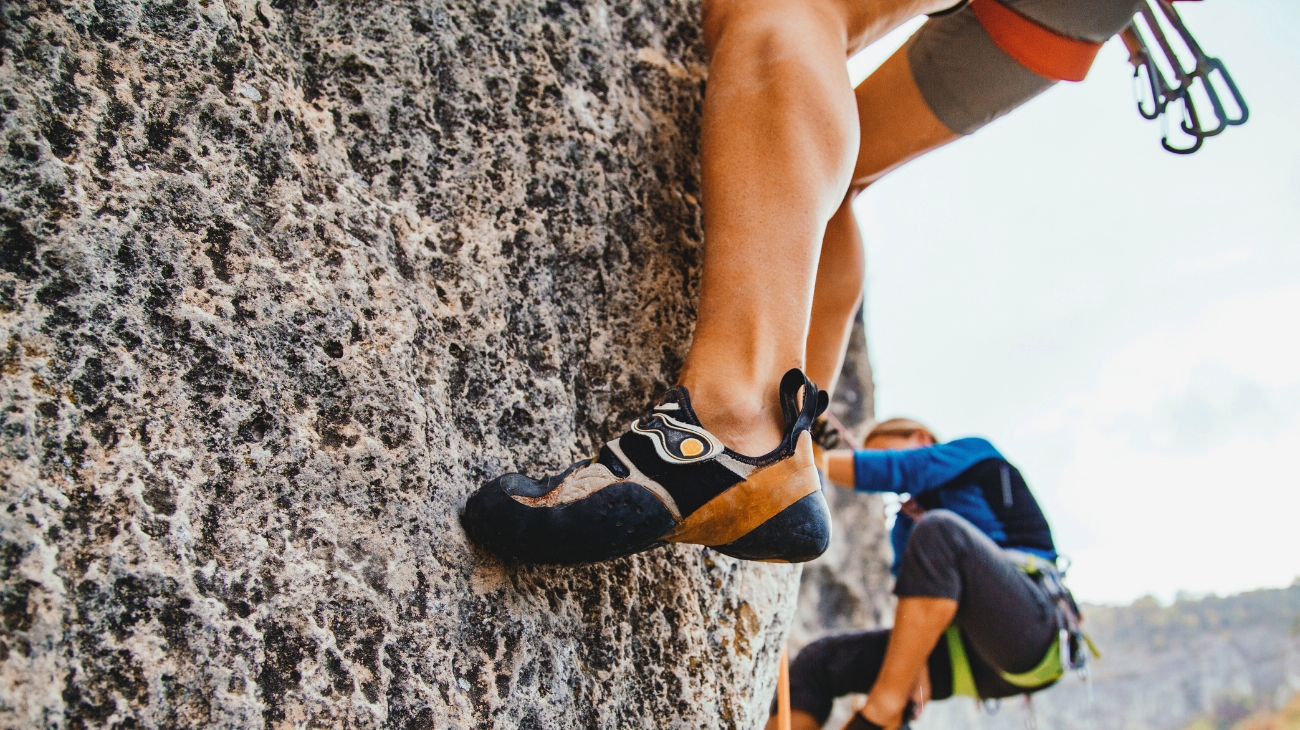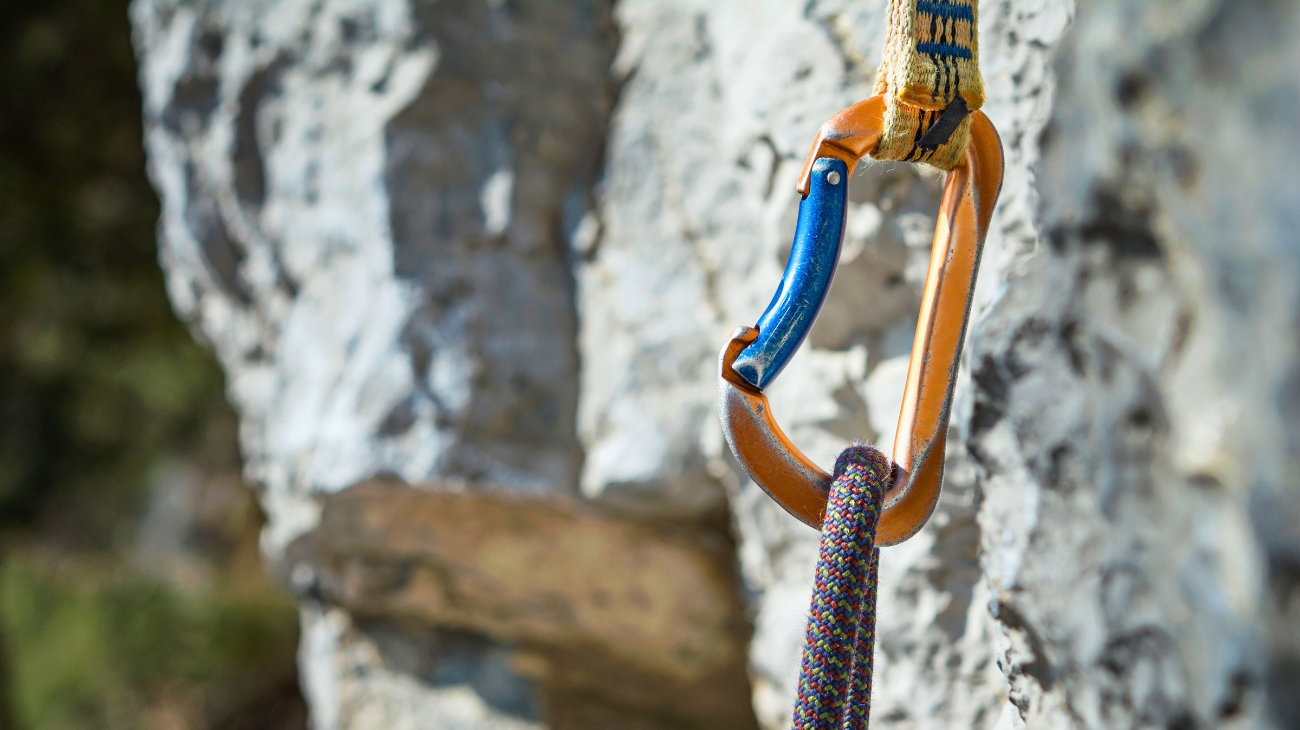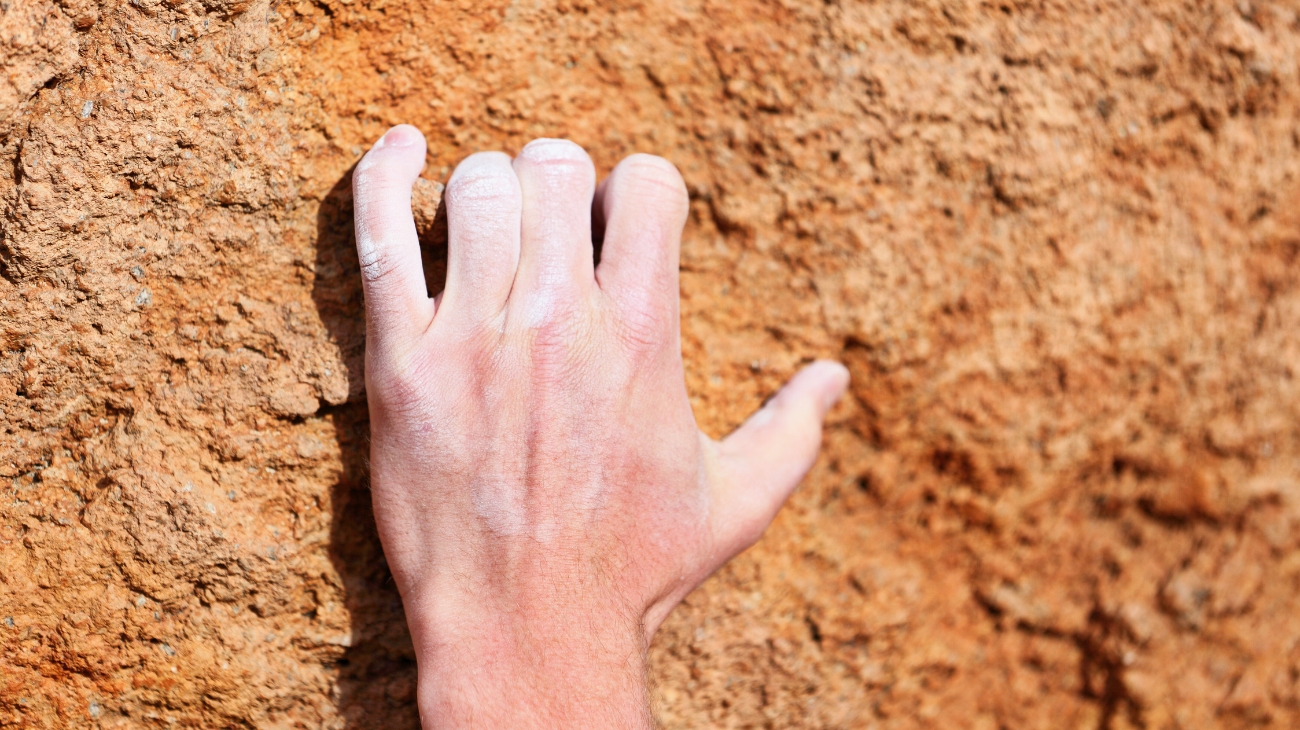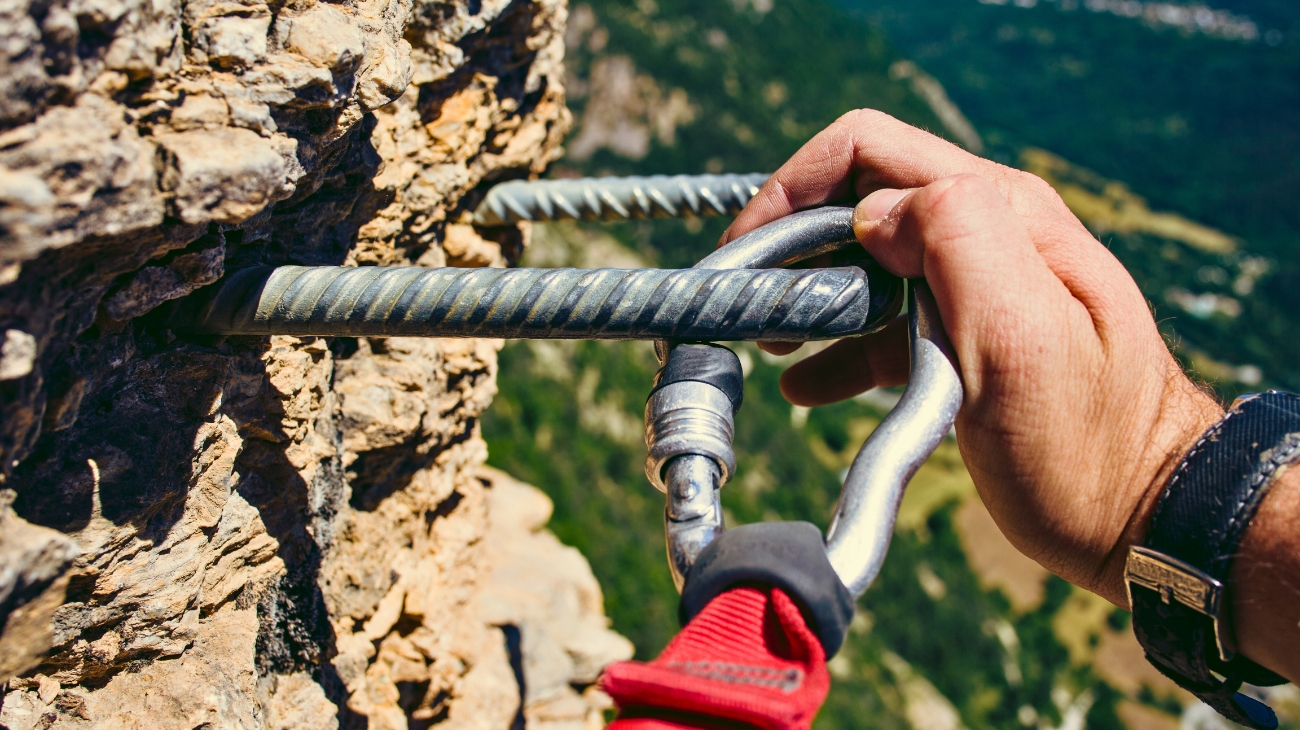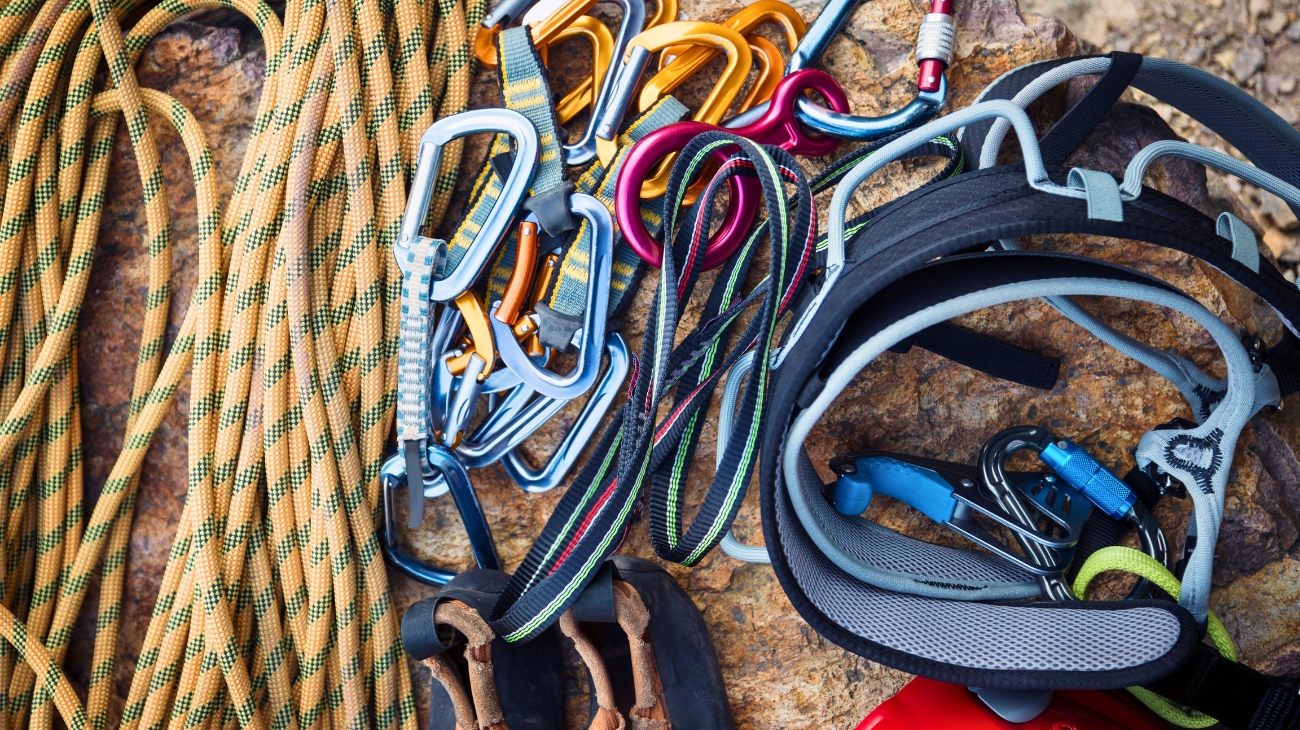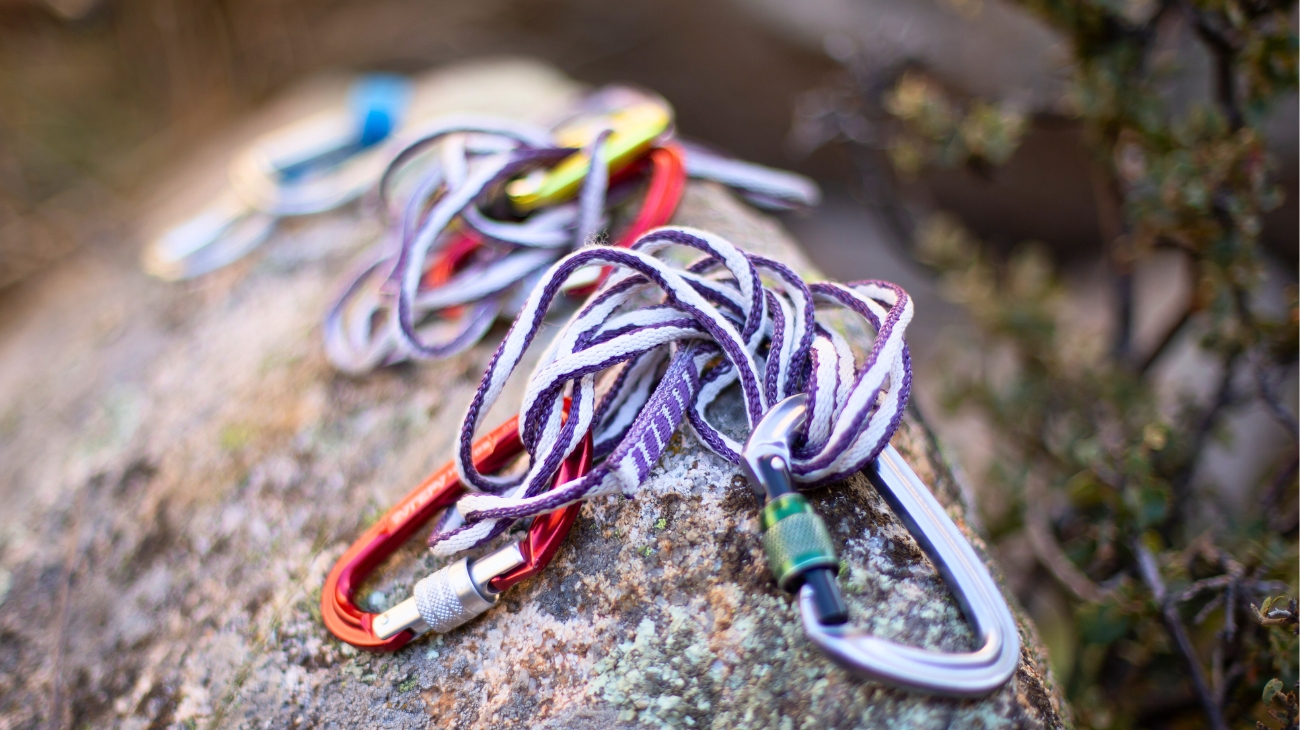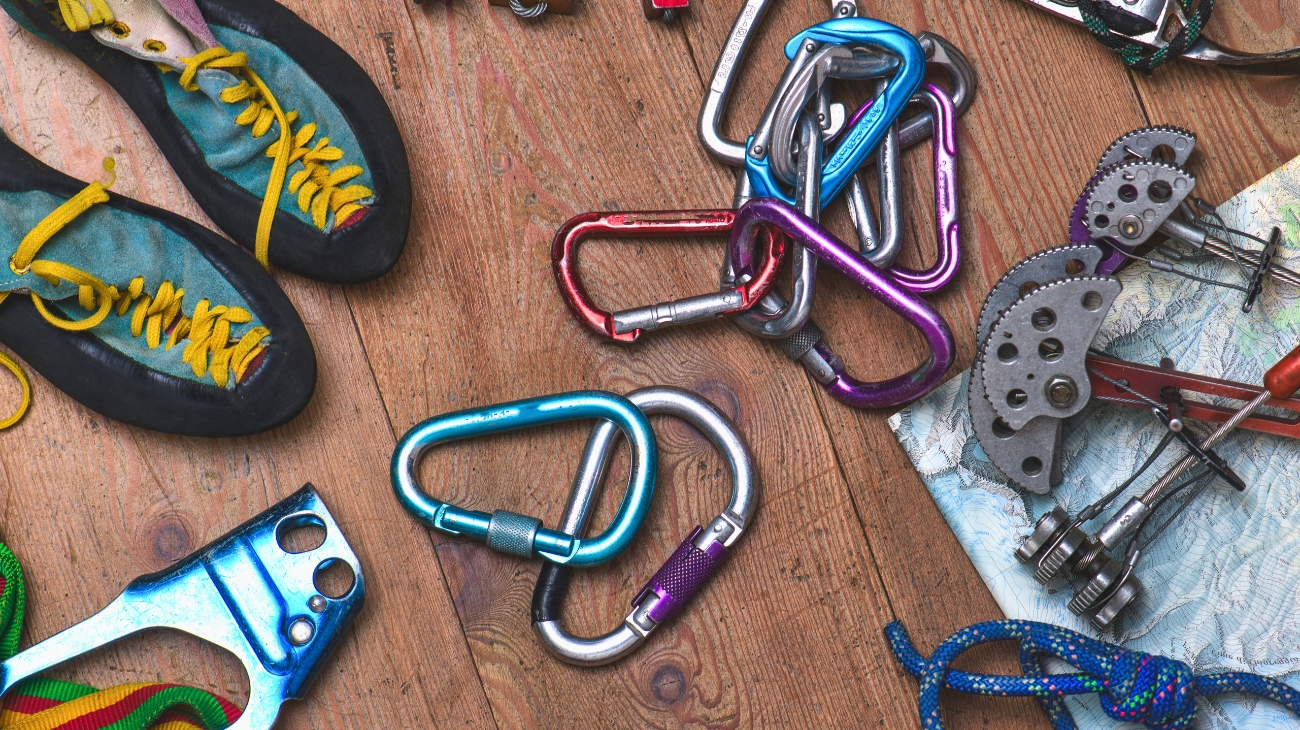Rock climbing demands strength, balance, and flexibility, putting significant pressure on the knees. Climbers frequently experience injuries like meniscus tears, patellar tendonitis, ligament sprains, and bursitis. These injuries can compromise performance and cause chronic pain if not addressed properly. To support knee health and recovery, investing in the best knee braces, supports, and compression sleeves is critical.
Meniscus injuries are particularly common among rock climbers, especially when making dynamic moves or twisting motions. A well-designed knee brace can stabilize the joint and minimize further damage. By offering targeted compression, knee supports help reduce swelling and promote faster healing. Compression sleeves are ideal for providing consistent pressure and improving circulation, which aids in recovery.
Patellar tendonitis, often caused by repetitive stress and jumping movements, can sideline climbers if not managed correctly. Knee supports with patellar straps help alleviate pressure on the tendon, allowing climbers to continue their activities with less pain. Additionally, the compression from these sleeves helps reduce inflammation and improve joint function.
Ligament sprains, such as those affecting the ACL or MCL, are also prevalent in rock climbing. Knee braces with adjustable straps and reinforced hinges offer the necessary support to keep the joint aligned and prevent further injuries. These braces provide lateral stability, ensuring climbers feel secure during high-stress movements and challenging ascents.
When choosing a knee brace or support for rock climbing, consider features like breathable materials, moisture-wicking fabric, and adjustable compression levels. These attributes ensure comfort and durability, even during long climbs. Products with anti-slip designs prevent braces from shifting, allowing you to focus on your climb without constant adjustments.
Compression sleeves are particularly effective for preventing muscle fatigue by reducing vibrations in the knee muscles and ligaments. This can lead to improved endurance and performance on extended climbs. Additionally, compression sleeves help speed up recovery after strenuous activity by enhancing blood flow and reducing swelling.
Incorporating strength training exercises alongside the use of knee braces can further support knee health. Exercises targeting the quadriceps, hamstrings, and calves help build stability and reduce injury risk. Combined with proper warm-ups and knee supports, climbers can confidently tackle challenging routes while safeguarding their knees.
For long-lasting performance and safety, using knee braces, supports, and compression sleeves is essential for any climber. These tools not only protect against injury but also provide the confidence needed to push limits and reach new heights.
FAQ: Frequently Asked Questions
What are the benefits of knee braces for rock climbing?
Knee braces provide stability, reduce strain on ligaments, and help prevent injuries like meniscus tears and patellar tendonitis during dynamic climbing movements.
How do compression sleeves help with knee pain?
Compression sleeves reduce inflammation, improve circulation, and support the knee joint, making them ideal for recovery and pain relief during and after climbing.
How do I choose the right knee support for climbing?
Choose a knee support with adjustable straps, breathable material, and a secure fit to ensure comfort and effectiveness during climbing activities.
Can knee braces help with ligament injuries?
Yes, knee braces provide lateral stability and reduce strain on injured ligaments like the ACL or MCL, preventing further damage.
How should I care for my knee brace or compression sleeve?
Hand wash with mild detergent and air dry to maintain the elasticity and effectiveness of the brace or sleeve.


